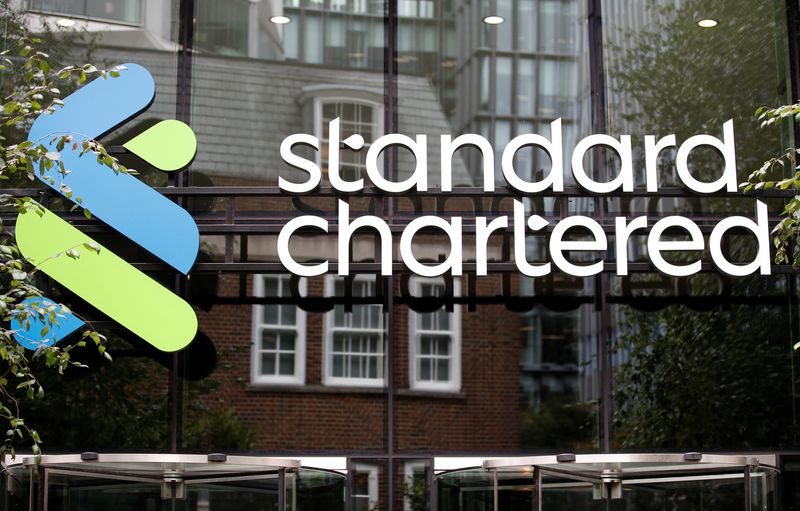GameSquare Schedules Conference Call to Review $100 Million Ethereum Treasury Strategy
FRISCO, TX, USA, July 15th, 2025, Chainwire Ryan Zurrer, Dialectic’s founder and Rhydon Lee, Goff Capital to preview...
Read MoreCrypto legislation hits roadblock as House vote fails
-- The future of cryptocurrency legislation in Congress became uncertain on Tuesday after lawmakers rejected a...
Read MoreMultiBank Group Announces 7 Million $MBG Tokens Sold Out in Under One Hour During Initial Pre-Sale
Hong Kong, PCR, July 15th, 2025, Chainwire MultiBank Group, one of the most regulated provider of financial derivatives in the...
Read MoreBTC Volatility Hit Historic Lows as ETF Inflows Transformed Market Dynamics: Bybit & Block Scholes Monthly Report
Dubai, United Arab Emirates, July 15th, 2025, Chainwire Bybit, the world’s second-largest cryptocurrency exchange by...
Read MoreHAiO Sells Out 4 IDOs Ahead of KuCoin Listing on July 16
Dubai, UAE, July 15th, 2025, Chainwire All 4 IDOs Sold Out on Komunitas, BSCS, Huostarter, and Spores Network$HAIO Token to List...
Read MoreAllnodes Among First to Launch Bare Metal Servers powered by AMD Threadripper 9000 Series
Los Angeles, USA, July 15th, 2025, Chainwire Allnodes, a leading platform for blockchain infrastructure, is among the first in...
Read MoreSwarm Network Selects Walrus to Power Verifiable AI on Rollup.News
Palo Alto, CA, July 15th, 2025, Chainwire A new integration brings decentralized, programmable storage to Swarm’s AI...
Read MoreProShares launches leveraged ETFs for Solana and XRP exposure
ProShares announced the launch of two new exchange-traded funds targeting leveraged exposure to cryptocurrencies Solana and XRP....
Read MoreOFA Group secures $100 million equity facility with Bitwise advisory
OFA Group (OFAL) entered into a committed equity purchase agreement with Atsion Opportunity Fund LLC for up to $100 million, with...
Read MoreSky Quarry explores cryptocurrency treasury strategy
Sky Quarry Inc. (SKYQ) announced plans to establish a digital asset treasury as part of its capital allocation strategy, according...
Read MoreBitcoin’s surge past $123,000: Deutsche Bank shares 5 key takeaways from the rally
-- Bitcoin crossed $123,000 on July 14, marking a 75% rise from November and prompting Deutsche Bank to outline five...
Read MoreBybit Lights Up Vienna: A New Era for Crypto in Europe Begins
Vienna, Austria, July 15th, 2025, Chainwire Bybit EU officially launched its European headquarters in Vienna last week with a...
Read MoreStandard Chartered launches bitcoin and ether spot trading for U.K. clients
-- Standard Chartered (LON:STAN) has begun offering spot trading for bitcoin and ether through its U.K. branch,...
Read MoreBitcoin price today: slips to $117k from record peak; US inflation awaited
-- Bitcoin retreated sharply from its record high near $123,000 during Asian trading on Tuesday, as traders locked in...
Read MoreXBO.com Launches Final Phase of Token Presale
Douglas, Isle of Man, July 14th, 2025, Chainwire XBO.com, the next-generation cryptocurrency exchange and digital financial...
Read More















